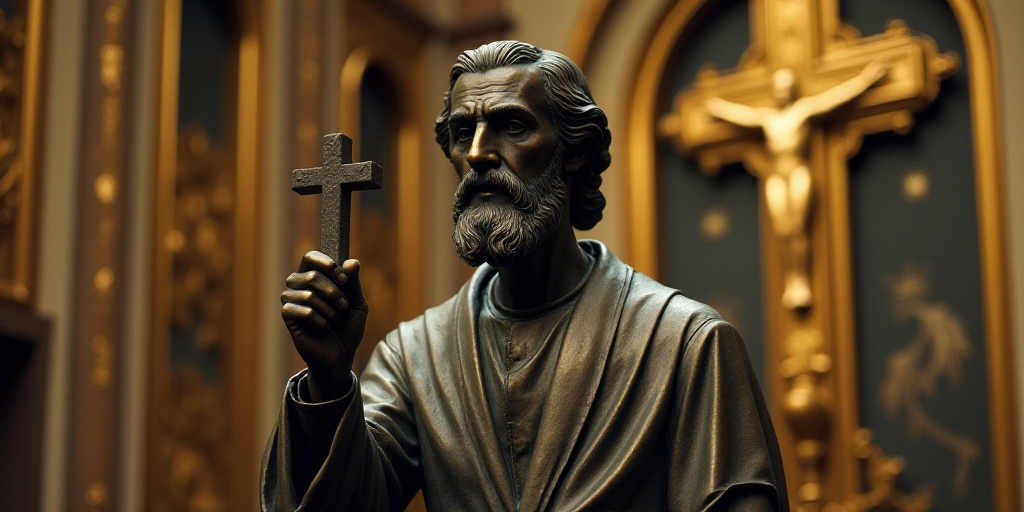Introduction to Pope Leo XIV (Robert Prevost)
The newly elected leader of the Catholic Church, the first American pope, Pope Leo XIV (Robert Prevost), has been closely watched since his selection on Thursday. In a meeting with cardinals, he explained the reasoning behind his papal name.
Commitment to Social Issues in the Face of Industrial Revolution and AI
During an encounter with members of the Cardinalate, Pope Leo XIV elaborated on his choice of name, reflecting his dedication to social causes in the context of the new industrial revolution and the challenges posed by artificial intelligence.
“I considered adopting the name Leon XIV for several reasons, but primarily because Pope Leon XIII, with his groundbreaking encyclical Rerum novarum, addressed social issues during the first major industrial revolution,” said the 69-year-old pontiff.
“Today, the Church offers its social doctrinal heritage to address another industrial revolution and advancements in artificial intelligence, which bring new challenges in defending human dignity, justice, and work,” he added.
Continuing Pope Francis’ Style
Pope Leo XIV pledged to continue Pope Francis’ style of “total dedication to service,” emphasizing that being a pope means being a “humble servant of God and brothers, and nothing more.”
Key Questions and Answers
- Who is Pope Leo XIV? Pope Leo XIV, born Robert Prevost, is the first American pope and successor to Pope Francis.
- Why did he choose the name Leo XIV? He selected this name to honor Pope Leon XIII, who addressed social issues during the first industrial revolution. Prevost aims to continue this legacy in the context of today’s challenges, including the new industrial revolution and advancements in artificial intelligence.
- What is Pope Leo XIV’s approach to his papacy? He intends to follow in the footsteps of Pope Francis, dedicating himself fully to service and emphasizing humility as a servant of God and his brothers.
Background on Pope Leon XIII and His Relevance
Pope Leon XIII, whose real name was Giuseppe Melchiorre Sarto, served as pope from 1878 to 1903. He is renowned for his social teachings, particularly in his encyclical Rerum novarum (On Human Work), which addressed the social issues arising from industrialization. Pope Leon XIII’s commitment to workers’ rights and social justice laid the foundation for the Catholic Church’s ongoing engagement with social matters.
Pope Leo XIV, as Robert Prevost, seeks to build upon this legacy by addressing contemporary challenges. As the first American pope, his election signifies a shift in global Catholic leadership and highlights the Church’s adaptability to modern times.
Impact on the Catholic Church and Beyond
With Pope Leo XIV’s election, the Catholic Church demonstrates its commitment to addressing current social and technological challenges. His focus on the dignity of human beings, justice, and work in the face of industrial advancements and artificial intelligence resonates with global concerns. The Church’s proactive stance may inspire other religious and secular organizations to engage in similar discussions, fostering a more inclusive dialogue on the ethical implications of technological progress.






